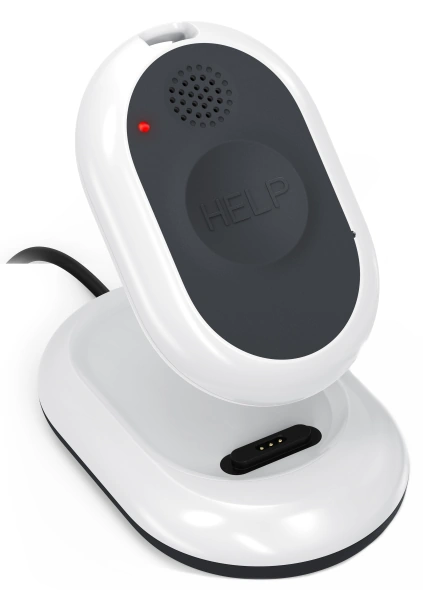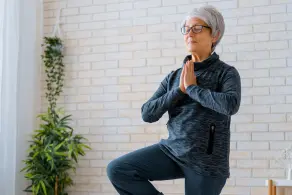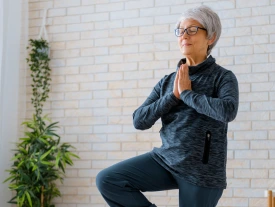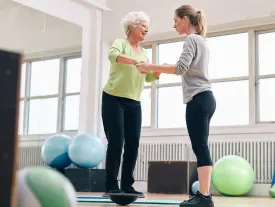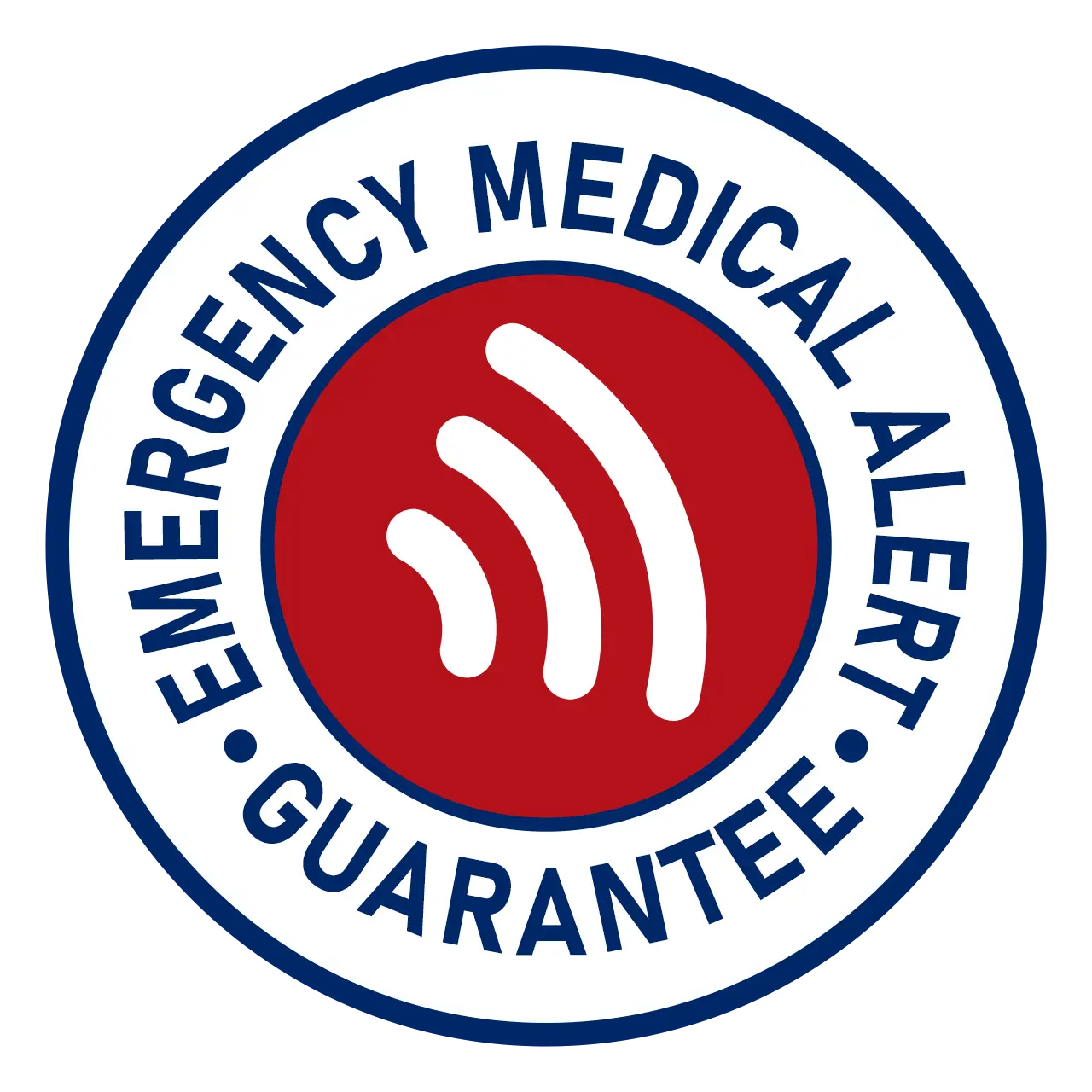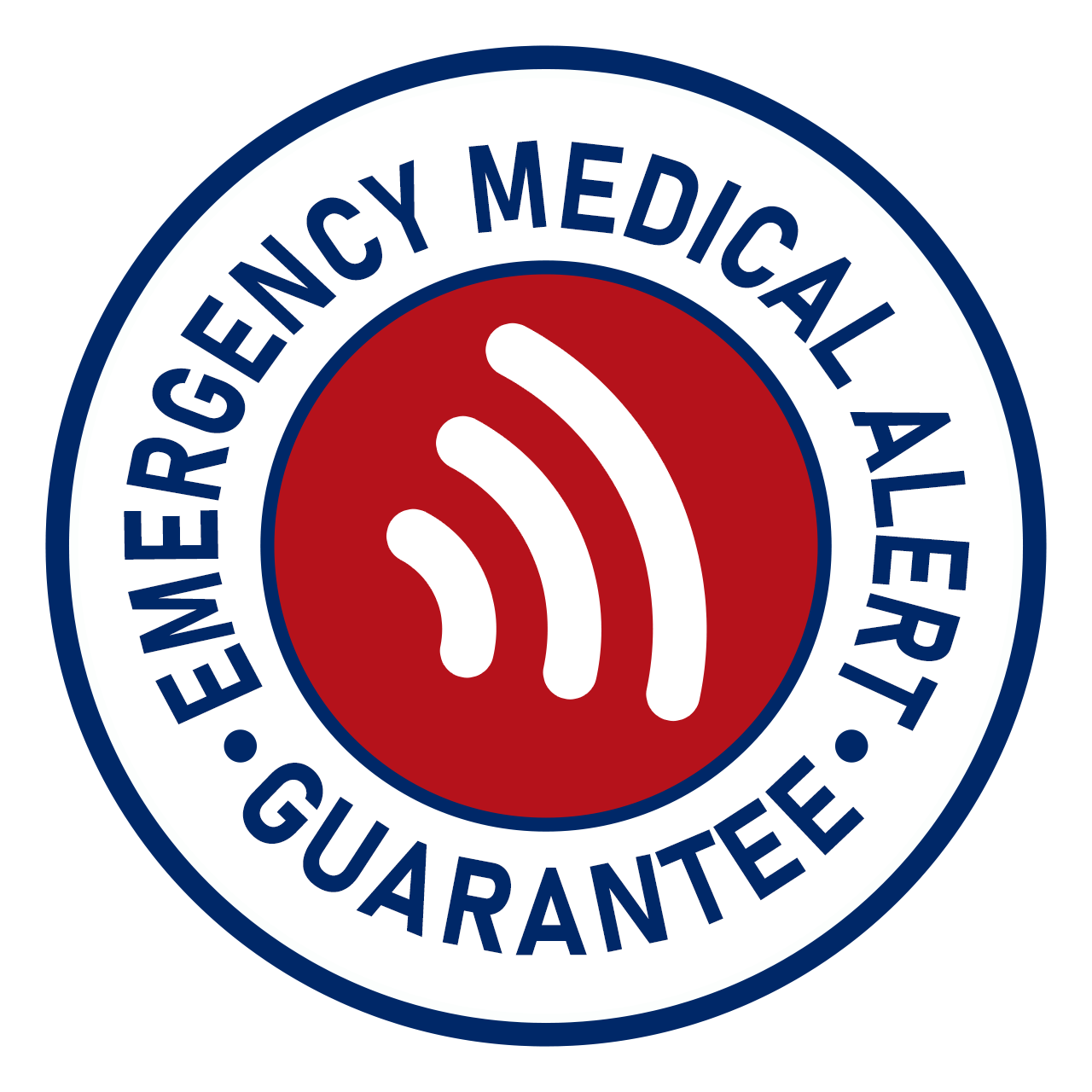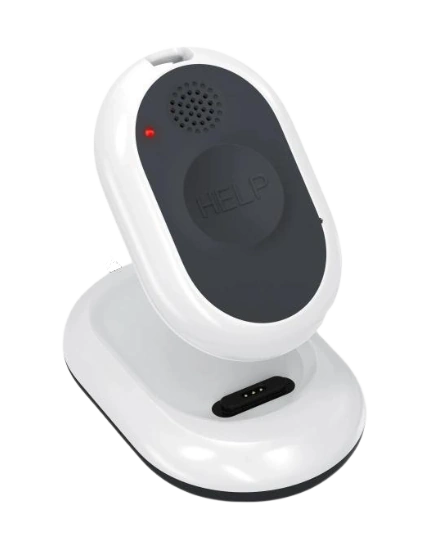Aging In Place: Safe, Independent Living With Peace Of Mind
More and more seniors are choosing to age in place—remaining in their homes as they grow older instead of moving to assisted living or care facilities. This option supports independence, familiarity, and comfort, but it also comes with important considerations. For seniors and their loved ones, aging in place safely means planning ahead and having the right support systems in place.
What Does Aging In Place Mean?
Aging in place means continuing to live in your own home or community while maintaining quality of life and independence as you age. It’s about making thoughtful changes to your lifestyle, home environment, and support network to ensure you can live safely and comfortably.
The Benefits Of Aging In Place

-
Familiar surroundings: Staying in a known environment can reduce confusion and stress, especially for seniors with memory concerns.
-
Emotional well-being: Remaining close to friends, neighbors, and family members can prevent loneliness and improve mental health.
-
Independence and control: Aging in place allows seniors to maintain daily routines and autonomy over their lives.
-
Cost-effective: Compared to long-term care facilities, staying at home can be more affordable, especially with the right planning.
Key Safety Considerations For Aging In Place
While aging in place offers many benefits, safety should always be the top priority. Here are a few critical areas to address:
1. Fall Prevention
Falls are one of the biggest risks for seniors at home. To reduce this risk:
-
Install grab bars in the bathroom
-
Use non-slip mats and rugs
-
Ensure proper lighting throughout the home
-
Remove tripping hazards like clutter and loose cords
Get more information on when and where most falls occur in the home by reading our other article that can help you prevent falls.
2. Emergency Medical Alerts
Having a medical alert system is essential for aging in place. In the event of a fall or medical emergency, a wearable device can connect seniors to emergency help with the press of a button. At Emergency Medical Alert, our devices are designed specifically for seniors—easy to use, discreet, and reliable in any situation.
Learn more on how important the help button is for senior safety and peace of mind to make an informed decision when making a purchase.
3. Home Modifications
Simple changes can make a big difference in comfort and safety:
-
Replace doorknobs with lever handles
-
Add a walk-in tub or shower
-
Widen doorways for wheelchair accessibility
-
Use voice-activated lighting or smart home technology
4. Health And Medication Management
As people age, managing medications becomes more complex. Tools like pill organizers, medication reminder apps, and telehealth visits with healthcare providers can support seniors living at home.
5. Social Support
Staying connected is just as important as physical safety. Family, friends, neighbors, and community programs help prevent isolation and keep seniors engaged.
How Emergency Medical Alert Supports Aging In Place

Our medical alert systems are built for independence, offering 24/7 emergency monitoring with features like:
-
Fall detection technology
-
GPS tracking for active seniors
-
Waterproof, wearable buttons
-
Fast access to emergency responders
-
Easy setup and no long-term contracts
Whether you're living alone or have a caregiver checking in, Emergency Medical Alert gives you and your loved ones peace of mind.
Conclusion
Aging in place is a powerful choice that allows seniors to remain in their homes, close to what matters most. With smart planning, supportive technology, and safety measures in place, it’s entirely possible to live independently and confidently for years to come.
At Emergency Medical Alert, we’re here to help make that happen—one button press at a time.


